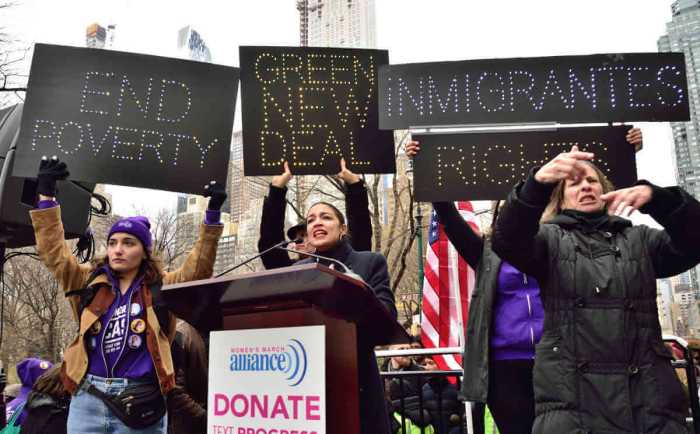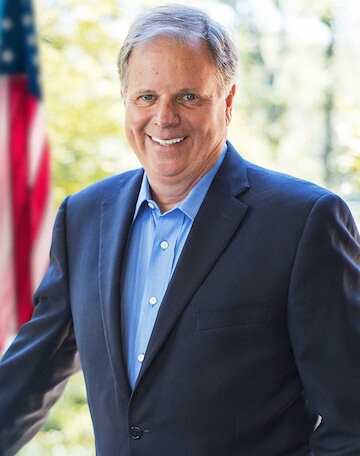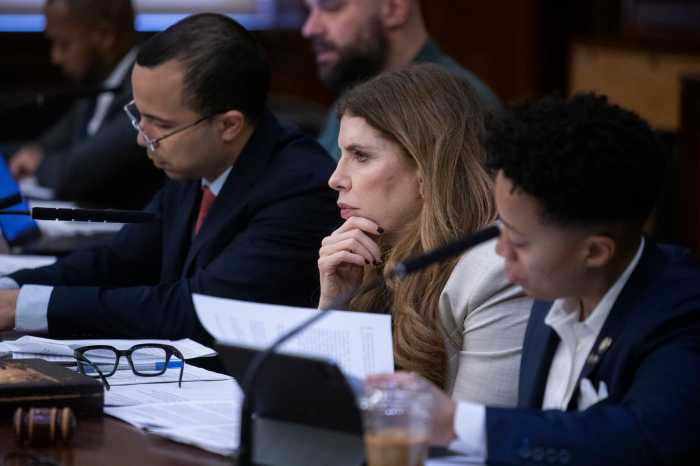North Carolina Democratic Governor Roy Cooper. | ROYCOOPER.COM
The state of North Carolina today, March 30, repealed HB2, the law enacted a little over a year ago that aroused heated protests and boycotts, generated several lawsuits, and sparked a national conversation about gender identity and sex-specific public bathrooms and locker rooms.
Legislative leaders and the new Democratic governor, Roy Cooper – whose narrow victory in December was helped by all the fallout from the law – touted the repeal bill as a “compromise.”
Titled by its sponsors as “An Act to Reset S.L. 2016-3,” HB142 probably leaves transgender people no better off than they were before and bars LGBT people in the state from seeking protection against discrimination under local laws before December 1, 2020.
HB2 made it illegal for operators of public facilities operated by the government to let people use multi-use restrooms or locker rooms unless their “biological sex” was consistent with the designation for the facility. As a result, transgender men were barred from using a facility labeled for men, and transgender women were barred from using a facility labeled for women. This statutory prohibition was repealed by HB142.
However, in its place is a preemption provision, providing that the only government body in the state of North Carolina that can regulate access to multiple-occupancy restrooms, showers, or changing facilities is the State Legislature. In the absence of any statutory regulation by the Legislature, there is no official policy on the issue. Of course that means that a transgender person barred from using such a facility by its operator would have no statutory basis to sue for discrimination.
They could still, theoretically, sue a government entity for violation of their right to equal protection of the law under the US Constitution’s 14th Amendment, but there is no certainty how such a lawsuit would turn out, since neither the Supreme Court nor a federal court of appeals has issued a final ruling on the merits of such a claim.
They might also sue under Title VII of the Civil Rights Act of 1964 or Title IX of the Education Amendments of 1972, but the degree of protection under those federal statutes is sharply contested.
HB2 preempted local governments from passing laws prohibiting discrimination that was not already prohibited by state law. Since North Carolina state law does not prohibit sexual orientation or gender identity discrimination, this precluded LGBTQ people in North Carolina from seeking protection from their local governments.
HB142 removes this total preemption, but not until December 1, 2020.
Even then, because of the preemption provision on facilities access, a local law passed on or after that date may still not regulate facilities access, because the preemption provision affects the regulatory powers of “political subdivisions of the State” – another way of referring to local governments.
Translating this into everyday terms, it means that even after December 1, 2020, a city council could not pass a law requiring businesses to allow restroom access consistent with a transgender person’s gender identity. And no other government entity could establish such a policy. Of course, non-governmental entities, such as businesses, could establish their own policies.
Is this measure a “compromise”? While it removes the statewide statutory prohibition, it leaves transgender people without protection against discrimination they may face in trying to use such facilities and prohibits local governments from providing such protection. It's little surprise that Governor Cooper's allies in the LGBTQ community are crying foul.



































